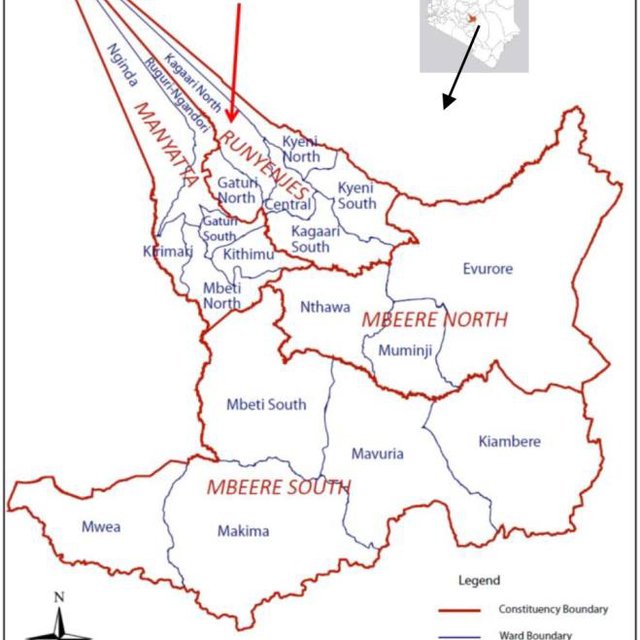County Overview
The People of Embu County
Embu County has a population of 516,212 (49% – male and 51% – female), according to the 2009 National census. Although the county is named after the indigenous Aembu people, other tribes call it home; Mbeere, Kamba and Kikuyu.
Aembu:
The Aembu people, who share key cultural and traditional values with the Kikuyu and Meru are mainly farmers. Many of them live in the well-watered northern side around Runyenjes, Embu and Manyatta towns. Tea and coffee are the community’s main cash crops. They also grow food crops such as maize, beans, sorghum, cassava, millet, horticultural crops and substantial dairy keeping.
Mbeere:
Mbeere people are to be found around Siakago, Ishiara, Kanyuambora and Kiritiri towns. They mostly practice small scale farming, bee keeping and livestock rearing. Ishiara market is in particular popular for being the largest goat market in the region. Living on the lower side with relatively low rainfall, Mbeeres grows cash crops such as cotton and food crops such as maize, cow peas, beans, pigeon peas and green grams.
Kamba:
The Akamba people live in lower parts of Embu County around Makima. While they are natively known for their carving and basketry skills, Kambas also do a lot of subsistence farming, bee keeping and goat rearing in Embu. Some of the crops growing in the area include cowpeas, green grams, sorghum, millet among others.
Kikuyu:
The Kikuyu people living in Embu County are mainly traders, business people and civil servants working in government corporations and institutions. Apart from being skillful in entrepreneurship, the Kikuyus also like farming and a number of them have bought land and settled in the peripheries of Embu town.
Religion and Culture
Majority of people living in Embu County are Christians. There are numerous churches and ministries, with mainstream churches such as A.C.K, Roman Catholic and P.C.E.A having the largest following. Evangelicals include Deliverance, P.E.F.A and Full Gospel Churches among others. There are a few Muslims residing mainly in major towns. In Embu town for instance, Muslims live in Dallas estate.

